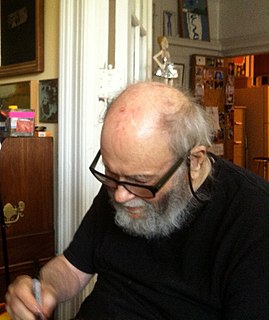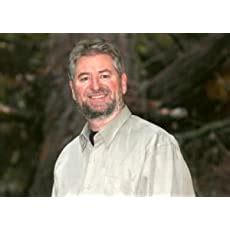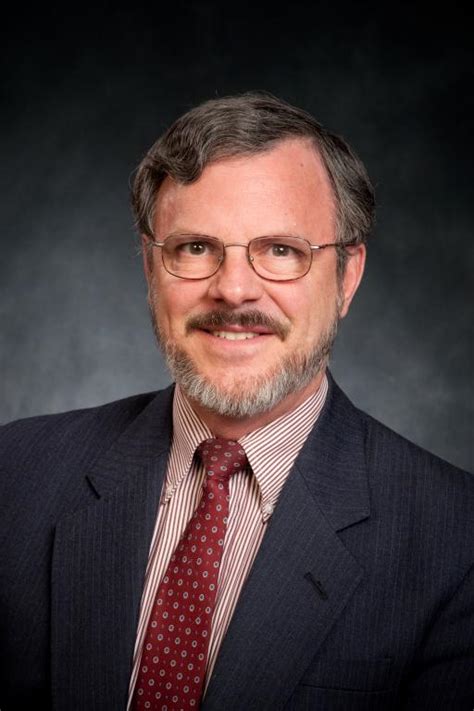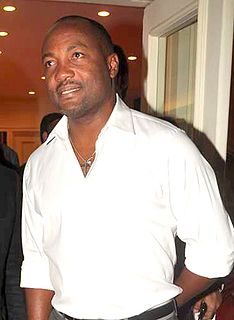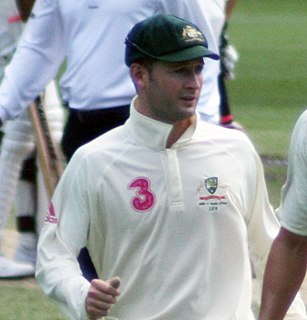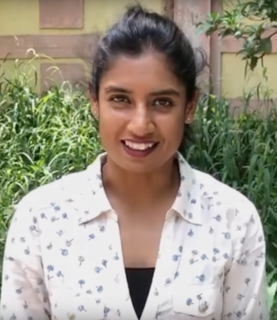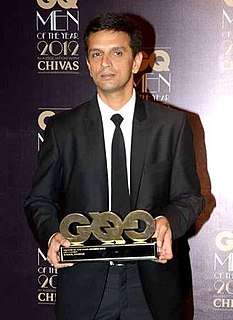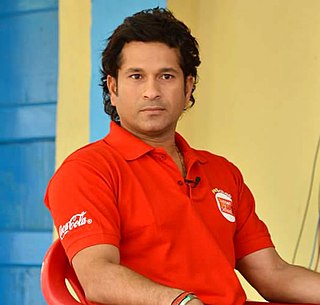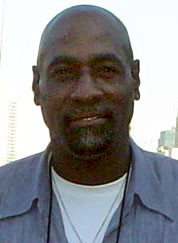A Quote by John Walford
It would be a serious oversight to limit our understanding of the impact of theology to strictly religious art, and overlook its pervasive role in shaping human understanding and artistic expression thereof within any given culture-regardless of the subject matter at hand.
Related Quotes
In my own version of the idea of 'what art wants,' the end and fulfillment of the history of art is the philosophical understanding of what art is, an understanding that is achieved in the way that understanding in each of our lives is achieved, namely, from the mistakes we make, the false paths we follow, the false images we have come to abandon until we learn wherein our limits consist, and then how to live within those limits.
If you can imagine the story of the world as a giant movie, to not have some understanding of the Bible - its story, its history, and its impact - would be like watching a great movie and removing part of the plot. It can't be done. The real truth is that everyone regardless of faith tradition benefits from knowing and understanding these aspects of the Bible. It enhances one's knowledge of literature, science, art etc. It's difficult to read any classic work of literature for instance and not see biblical allusions.
Abstract understanding doesn't mean arbitrary sloshing and messing. Abstract art is controlled visual magic based on laws and methodology. Abstraction generally involves implication, suggestion and mystery rather that obvious description. Like a good poem, a good abstraction attacks your feelings before your understanding. Abstraction within realism adds zest and excitement to otherwise dull subject matter. Abstract understanding takes time and patience.
Theology differs from science in many respects, because of its different subject matter, a personal God who cannot be put to the test in the way that the impersonal physical world can be subjected to experimental enquiry. Yet science and theology have this in common, that each can be, and should be defended as being investigations of what is, the search for increasing verisimilitude in our understanding of reality.
When I speak of artistic universals, I am not denying the enormous role played by culture. Obviously culture plays a tremendous role, otherwise you wouldn't have different artistic styles - but it doesn't follow that art is completely idiosyncratic and arbitrary, either, or that there are no universal laws.
Now with the allocation and the understanding of the lack of understanding, we enter into a new era of science in which we feel nothing more than so much so as to say that those within themselves, comporary or non-comporary, will figuratively figure into the folding of our non-understanding and our partial understanding to the networks of which we all draw our source and conclusions from.
Your actions are not in a vacuum. They impact other people. It may be in a way that's less obvious than in mainstream movies, but it comes to an understanding of who those people are. It also leaves it open to interpretation. And that's what art is, a form in which people can reflect on who we are as human beings and come to some understanding of this journey we are on.
I'm not surprised that Governor Dean would oppose [the $87 billion to fund Iraq reconstruction].... I've lost confidence that he has any understanding of the national security responsibilities of a President... [b]ecause I don't believe that he has any understanding of the international role that the United States has to play in the world. I think it's a kind of a pseudo-isolationism that appeals to the base of the caucus voters. I do not believe that particularly in the case of Iraq that Governor Dean has any fundamental understanding of what's at stake here.
Wisdom is not developable, as if it's a matter of luck or personality or genetics. Well it's just not the case. Wisdom involves our accumulated knowledge about a subject but also a reverence for life, for an understanding that our immediate actions have long-term consequences, and for an appreciation that there are different ways of knowing and understanding situations.
No government has the right to decide on the truth of scientific principles, nor to prescribe in any way the character of the questions investigated. Neither may a government determine the aesthetic value of artistic creations, nor limit the forms of literacy or artistic expression. Nor should it pronounce on the validity of economic, historic, religious, or philosophical doctrines. Instead it has a duty to its citizens to maintain the freedom, to let those citizens contribute to the further adventure and the development of the human race.
The most valuable thing a teacher can impart to children is not knowledge and understanding per se but a longing for knowledge and understanding, and an appreciation for intellectual values, whether they be artistic, scientific, or moral. It is the supreme art of the teacher to awaken joy in creative expression and knowledge. Most teachers waste their time by asking questions that are intended to discover what a pupil does not know, whereas the true art of questioning is to discover what the pupil does know or is capable of knowing.
Any play that makes an audience think out of the box, that makes connections to life and names our pain and by doing so makes our pain subject to thinking and the process of understanding, is doing something inherently political. By promoting understanding, by putting experience in context, by making connections between the normal and the rational, theatre is an act of anti-terrorism. It stimulates courage and a survival spirit. In that sense of political, there are a lot of serious plays doing their work in the world.
It is the duty of the human understanding to understand that there are things which it cannot understand, and what those things are. Human understanding has vulgarly occupied itself with nothing but understanding, but if it would only take the trouble to understand itself at the same time it would simply have to posit the paradox.

